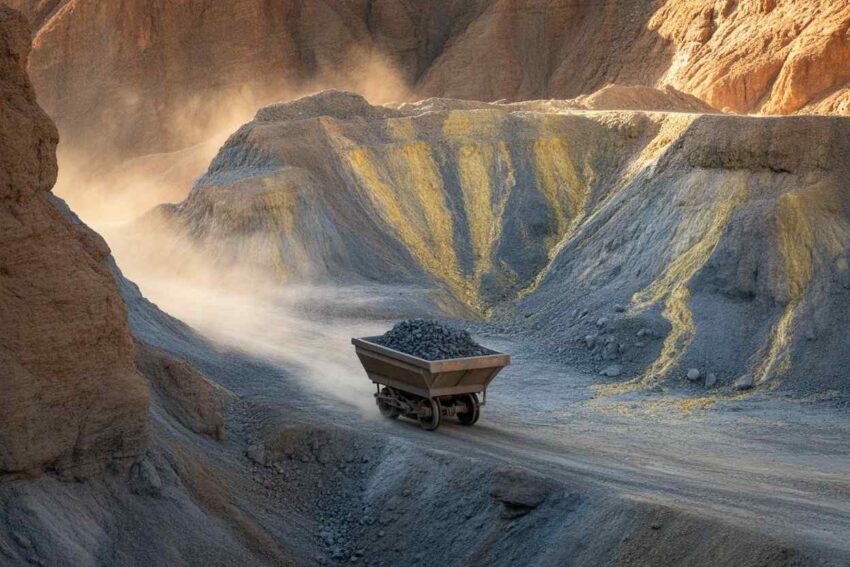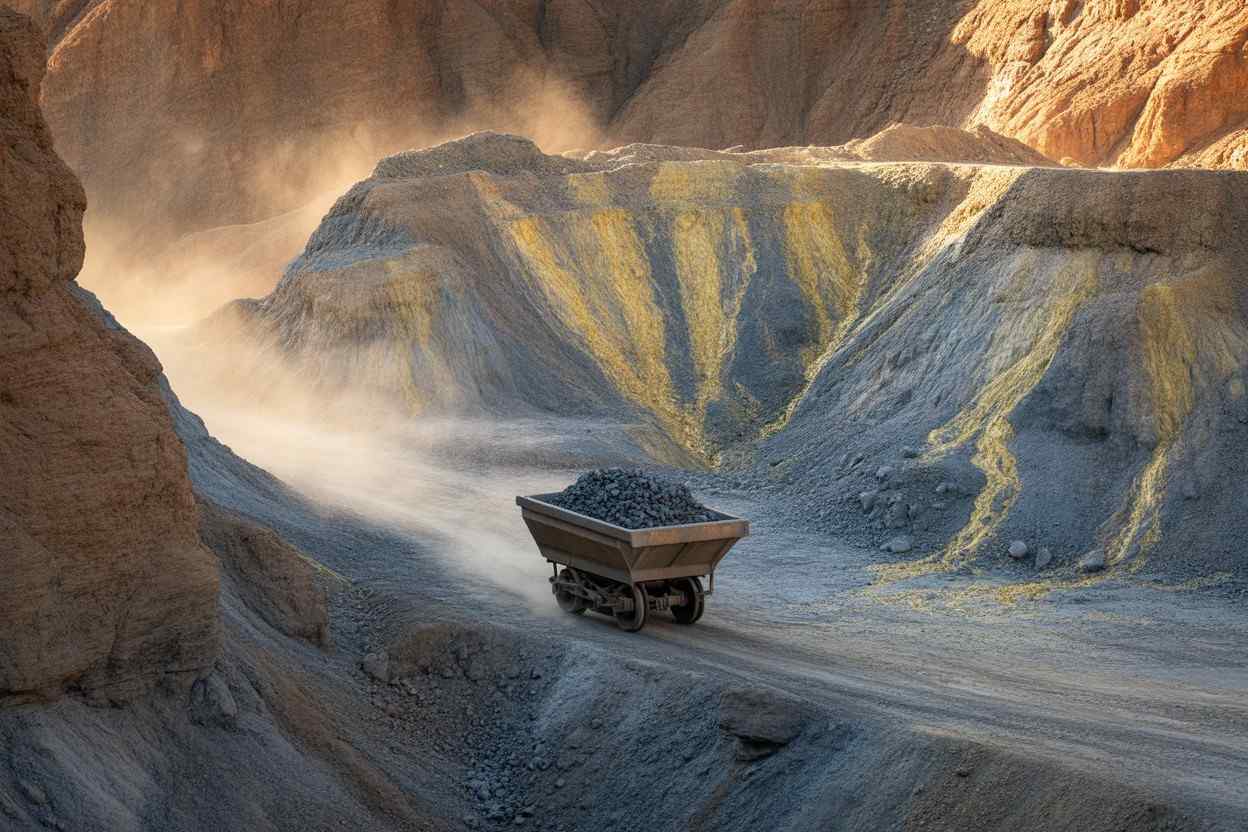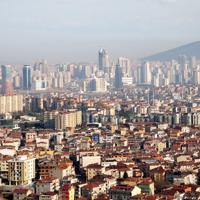Turkey Mineral Reserves: A Game-Changer for Mining and Tourism – Travel And Tour World
Published on
August 19, 2025

Turkey holds an estimated $3.5 trillion worth of untapped mineral reserves beneath its land, offering significant potential to reshape its mining industry and impact global tourism. Despite the vast wealth, the country continues to face a dollar twenty billion trade deficit due to heavy mining imports. The Turkish Miners Association (TMD), led by Chairman Mehmet Yilmaz, has highlighted the need to activate these valuable resources to reduce dependency on imports and strengthen the nation’s economic standing.
The untapped reserves include a wide range of essential minerals such as gold, boron, and marble, all of which hold immense value not only for Turkey’s economy but for the global tourism sector as well. By activating these resources, Turkey can bolster its position as a key player in the global mining and tourism industries, unlocking new opportunities for both economic growth and sustainable tourism development.
Gold and Boron: Precious Reserves in Turkey Driving Economic Growth
Among Turkey’s richest mineral reserves, the country is home to approximately six thousand tons of gold, valued at an estimated dollar four hundred sixty-one billion at current market prices. Turkey has been producing gold for years, but with proven reserves near five thousand tons, the nation could soon be a dominant player in the global gold market. The demand for gold jewelry is also high, with Turkey ranking as the fourth-largest in global jewelry gold demand, according to the World Gold Council.
In addition to gold, Turkey boasts a substantial share of the world’s boron reserves, containing around seventy-three percent of known global deposits. The country has largely exported boron in raw form, but refining this mineral for use in industries such as glass, fertilizer, and battery production could add dollar two billion annually to its export revenues. This untapped resource not only has great potential for mining and industrial growth, but it also holds value for the country’s tourism industry, attracting industry professionals and tourists interested in sustainability and green technologies.
The Potential of Marble and Gold in Tourism and Sustainable Development
Another underutilized treasure lies in Turkey’s marble reserves, with the country exporting raw stone instead of processed marble. With efforts to export refined marble, Turkey could see an additional $1.5 billion annually. Beyond its industrial value, the marble industry could enhance tourism by contributing to sustainable development practices, including eco-tourism initiatives and heritage conservation projects that showcase Turkey’s ancient quarries.
Turkey’s mineral wealth also aligns with the country’s growing interest in sustainable tourism, where natural resources and traditional craftsmanship are celebrated. Tourism in regions rich in mining history, such as the Chalcedony region, can leverage these resources to develop tourism experiences that connect visitors to local heritage, enhancing the cultural and environmental appeal of Turkey.
Mining as a Driver of Tourism Growth and Global Collaboration
As Turkey increasingly shifts its focus to green energy, the demand for minerals such as lithium, copper, and zinc will likely rise, further emphasizing the need for a well-coordinated mining sector. Mining is often viewed as a “locomotive sector” that drives the economy of nations like Australia, Russia, and China, all of which are established mining giants. Turkey, with its rich geological diversity and strategic location, has the potential to become a major player in the global mineral corridor, fueling both industrial and tourism growth.
By harnessing its mining potential, Turkey can not only bolster its economy but also create sustainable tourism experiences that highlight the country’s mineral-rich landscapes. Tourism in mining regions, when done responsibly, can contribute to the conservation of natural areas, allowing travelers to appreciate the beauty of Turkey’s geological wonders while supporting the local economy.
Environmental Concerns and the Path to Responsible Mining
While Turkey’s vast mineral reserves offer a promising future, environmental concerns have remained a significant hurdle to their activation. Critics often point to the potential damage mining could cause, especially in sensitive areas such as olive groves and forested lands. However, Yilmaz argued that misconceptions about large-scale deforestation from mining are exaggerated, with only 0.038% of forest areas being impacted. Furthermore, under Turkish law, companies are required to undertake rehabilitation and reforestation efforts following mining activities, with more than 11,325 hectares already restored.
Balancing sustainable mining with the preservation of natural landscapes is key for the future of tourism in these regions. Developing eco-tourism initiatives around mining activities can provide travelers with unique experiences, while simultaneously supporting the country’s environmental goals.
A Bright Future for Turkey‘s Tourism and Mining Sectors
The immense potential of Turkey’s mineral reserves presents both challenges and opportunities. By harnessing its gold, boron, and marble resources, the country stands to gain economically while simultaneously boosting tourism through innovative, sustainable practices. As Turkey works to activate these resources, it is set to not only strengthen its mining sector but also enhance its appeal as a tourism destination, attracting visitors interested in culture, sustainability, and natural beauty.
With the global spotlight on sustainable tourism and responsible mining practices, Turkey’s rich geological diversity and strategic location make it poised to become a key player in both the mining and tourism industries, paving the way for a more prosperous and eco-conscious future.





